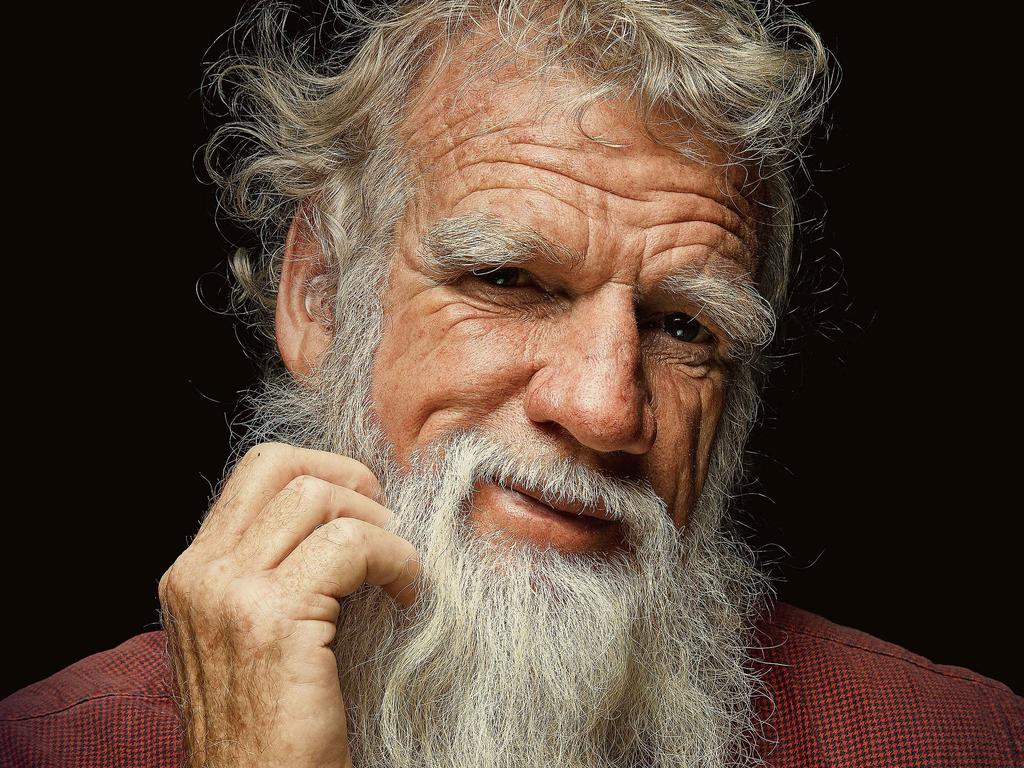Claim against Bruce Pascoe dismissed by AFP
AFP dismisses allegation that Dark Emu author benefited financially from wrongly claiming to be indigenous.
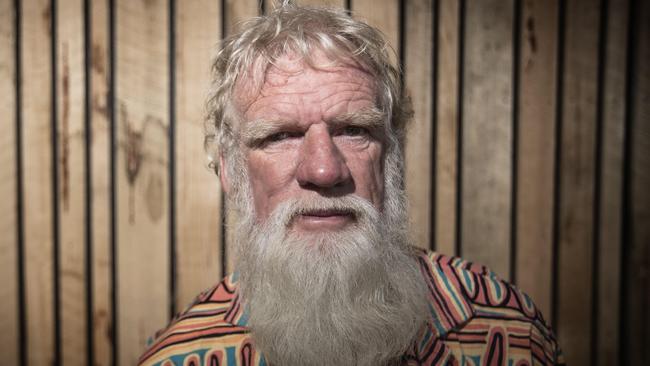
The Australian Federal Police has dismissed an allegation against acclaimed author and historian Bruce Pascoe that he had benefited financially from wrongly claiming to be indigenous.
A spokesman for the AFP said late on Thursday that it had finished assessing the complaint, which was initially sent to the office of Home Affairs Minister Peter Dutton on December 11. Mr Dutton referred it to the AFP.
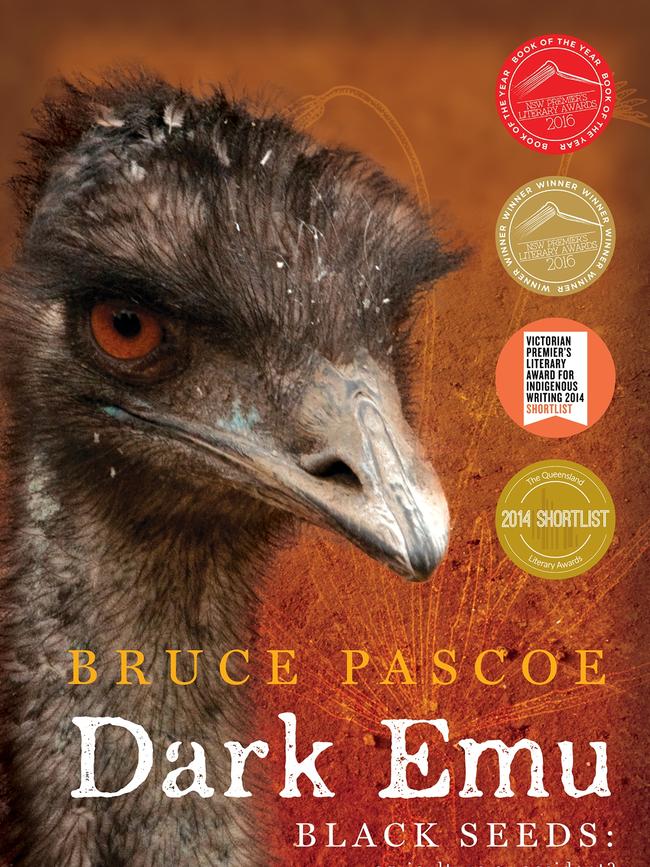
“On 24 December, 2019, the AFP was referred correspondence in relation to alleged fraudulent activity against the commonwealth by Professor Bruce Pascoe,” the AFP spokesman wrote in an email to The Australian.
“No commonwealth offence has been identified. The AFP has now finalised this matter.”
Professor Pascoe’s 2014 bestseller Dark Emu draws on early explorers’ accounts of indigenous agriculture and land management to argue for a reconsideration of the label “hunter-gatherer” for pre-colonial Aboriginal Australians.
The book also “attempts to rebut the colonial myths that have worked to justify dispossession”, according to publisher Magabala Books. This point is important to some of Dark Emu’s most persistent critics.
The allegation against Professor Pascoe was made by indigenous entrepreneur Josephine Cashman, a member of the senior voice-to-government advisory group appointed by Indigenous Australians Minister Ken Wyatt.
Ms Cashman called for an investigation of Professor Pascoe for “dishonesty offences”.
“Given the number of grants received by Pascoe and his associates, I believe a referral to the AFP is appropriate as a matter of urgency in the public interest,” Ms Cashman wrote in her email to Mr Dutton on December 11.
Ms Cashman later forwarded the email to other politicians.
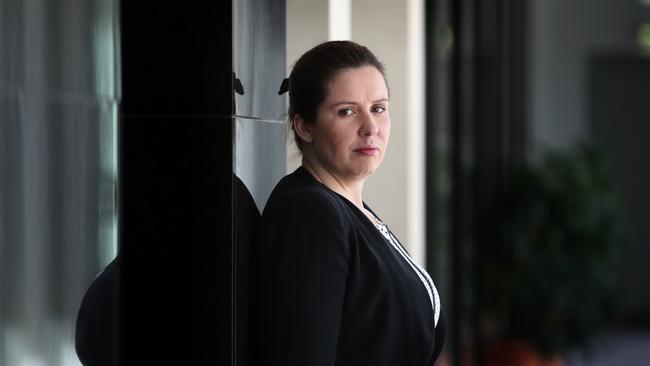
Mr Dutton’s referral to the AFP was in keeping with protocols, The Australian has been told.
Professor Pascoe’s latest book Salt introduces him to readers as a Bunurong man. His ancestry has been the subject of commentary and he addresses this in an essay in Salt called An Enemy of the People.
“Many people think I’m a traitor. You’re not like the rest of them, they tell me, you’re not really Aboriginal,” he writes.
“What they say has cool logic. Clinical analysis of genes says I’m more Cornish than Koori.”
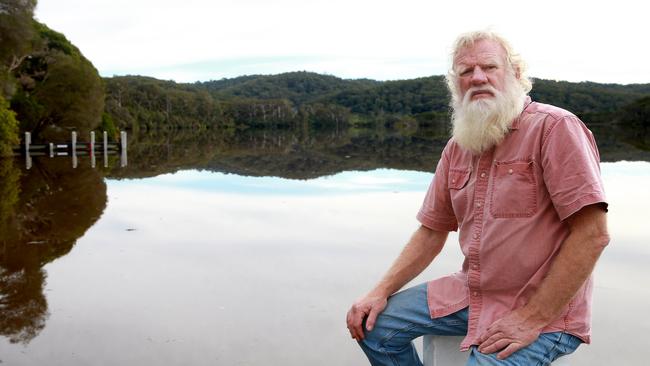
On ABC radio in Hobart on January 13, Professor Pascoe said: “I have been helped for 40 years by community to find my family. We still get leads from people … some people think that, you know, my association — family association — is too slim to worry about.
“I’ve said that all along that these are distant relationships but they are important to me as is every relationship in my family.”
While Ms Cashman’s letter to Mr Dutton called for a national strategy for establishing a register for Aboriginal people, Professor Pascoe said registers had been tried and had “destroyed community — they haven’t built community”.




